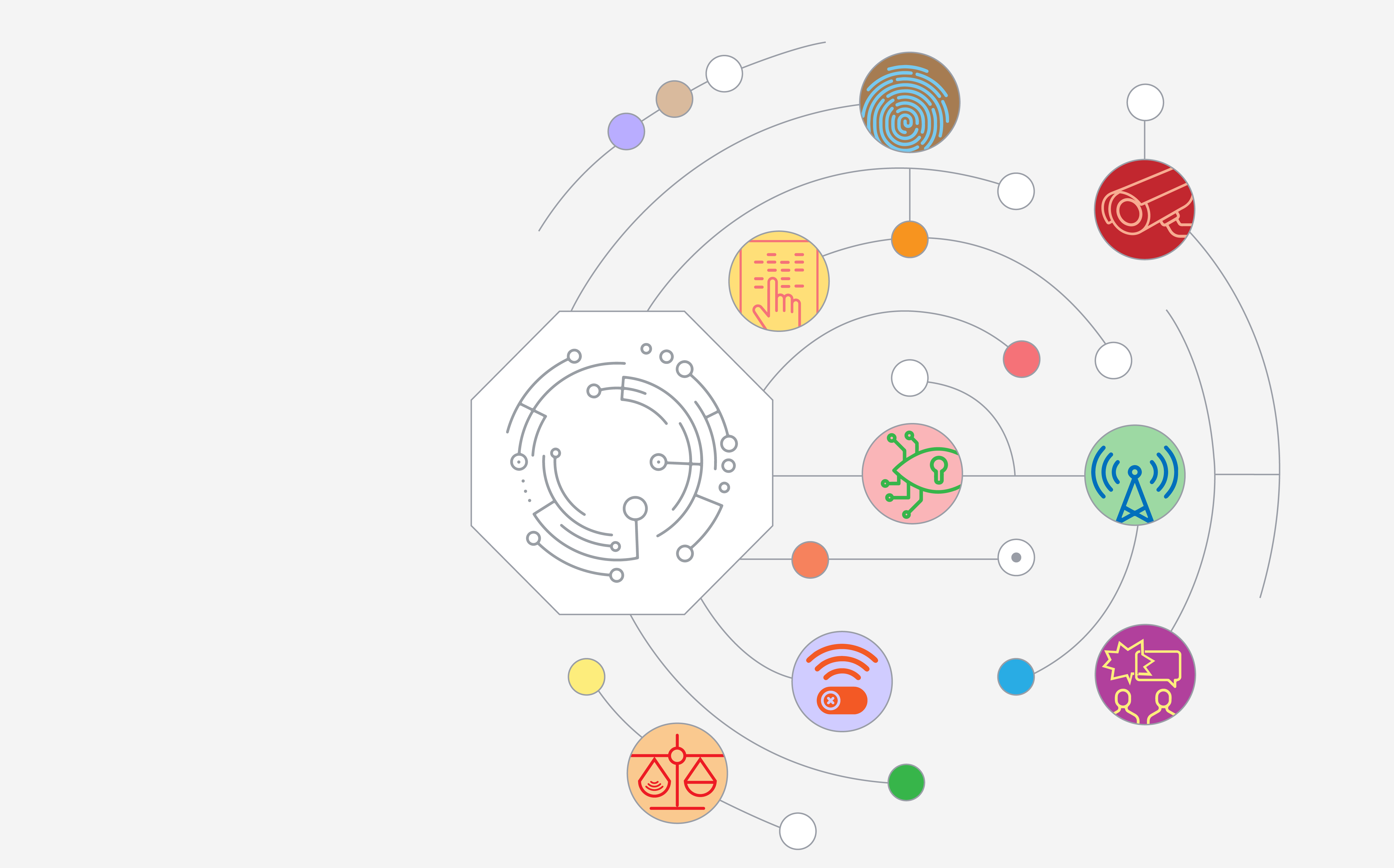
Civil society transforms words into action all around the globe
Civil society actors involved in Tech for Democracy are leading the way with a wide variety of concrete actions.
In the fall of 2021, actors from global civil society, governments, multilateral institutions, and the private sector came together under the Tech for Democracy initiative, with the ambition to make technology an enabler for democracy and human rights rather than an obstruction. The dialogues and collaborations formed in the early phases of the initiative laid the foundation for concrete changes to be made during 2022 – the Year of Action. Civil society actors from all over the world are leading the way, turning intentions into actions and championing the Tech for Democracy agenda. Here are a few examples.
WITNESS plays an active role in developing the Coalition for Content Provenance and Authenticity. Sam Gregory, Program Director at WITNESS, states that this can “(…) help create trustworthy information and tackle misinformation.”
“The specifications developed by the Coalition for Content Provenance and Authenticity can help create trustworthy information and tackle misinformation. Grounded in deep consultation with our global network of grassroots, journalism, and human rights stakeholders, WITNESS influenced the C2PA to reflect critical human rights usages, and anticipate potential harms to marginalized groups and broader society. The hoped-for outcome of this work is that as emerging “provenance and authenticity infrastructure” moves from niche to more widespread and may be embedded within tools used by billions of people, the privacy and anonymity of vulnerable users won't be compromised, and tools can remain widely accessible.”
Sam Gregory, Program Director at WITNESS
The Vietnamese civil society organization Viet Tan is joining the Southeast Asian coalition on Tech Accountability (SEACT), that aims to “(…) defend digital rights in Southeast Asia by holding tech companies accountable to their human rights obligations and responsibilities.” highlights Michel Tranduc from Viet Tan.
“The Southeast Asian Coalition on Tech Accountability (SEACT) was founded in 2021 by 11 Southeast Asian organizations to demand greater accountability from tech companies on human rights and democracy in this region. Our objectives is to defend digital rights in Southeast Asia by holding tech companies accountable to their human rights obligations and responsibilities.
The decision to start SEACT was spurred by the outsized role the policies, actions, and features of such platforms play in human rights and democracy across Southeast Asia. The effects are usually not confined to one country and, even though contexts may vary, the impacts tend to be similar across borders.”
Michel Tranduc, Viet Tan
The Lawyers Hub in Kenya will be convening the next annual Africa LawTech Festival in June 2022. This year's the festival “Africa-Europe Artificial Intelligence Policy Dialogue” will take place in several countries across Africa and Europe between 5th-18th June 2022, making it the biggest yet!
The Lawyers Hub in Kenya will be convening the next annual Africa LawTech Festival in June 2022. This year's Festival “Africa-Europe Artificial Intelligence Policy Dialogue” will take place in several countries across Africa and Europe between 5th-18th June 2022, making it the biggest yet! This year's Festival will take place in several countries across Africa and Europe between 5th-18th June 2022 making it the biggest yet. Delegates will include policymakers, scholars, law and technology enthusiasts, and practitioners coming together for pertinent conversations on artificial intelligence, exploring new approaches to digital trade and electoral governance. The hybrid Festival will open with a digital rights concert in Nairobi followed by a two-day conference, thereafter a policy hackathon in Paris that aims to develop an AI Policy Roadmap for Africa, with policy dialogues in Accra, Capetown, Lagos, Geneva, Brussels and London. Delegates will also attend Republica, Europe's largest digital society conference.
CIVICUS publishes a digital ecosystem analysis in March 2022 “that aims to provide insights on how best CIVICUS can contribute to enabling digital spaces and tools for civic activism that expands democratic freedoms.” explains Amy Miller Taylor, Chief Strategy Officer at CIVICUS.
“In March 2022, CIVICUS will conclude a digital ecosystem analysis that aims to provide insights on how best CIVICUS can contribute to enabling digital spaces and tools for civic activism that expands democratic freedoms. The analysis will underpin the CIVICUS digital strategy, which we propose to develop through an iterative co-design process with a cohort of CIVICUS members who will make up a Digital Learning Group. These members would join us on a longer-term learning journey as critical friends and allies who can provide insights to ensure that related initiatives adequately reflect and are informed by their lived experiences as civic actors dually affected by civic space restrictions and structural discrimination. We would systematically capture and share these learnings with the broader alliance and adjust our strategic approaches as needed for a relevant and responsive digital strategy that will serve the alliance now and into the future.”
Amy Taylor, Chief Strategy Officer, CIVICUS
New Europe convenes a conference with partners in April and will be looking into how EU legislation and initiatives can secure democratic participation among young people and strengthen youth rights.
"At this current moment this EU institutions are negotiating the Digital Services Act, which will have tremendous impact on regulating big Tech and the online participation. Furthermore 2022 is the European Year of the Youth and young people are at the forefront of the digital world, and with the awareness of how the digitalization brings both opportunities and challenges, we are therefore organizing this event where we will discuss how EU legislation and initiatives can secure the democratic participation among Young People and strengthen Youth Rights."
Julie M. Rosenkilde, Head of Secretariat, New Europe
"We need to be actively involved in decision-making concerning development and implementation of AI legislation and policy. It is more than a plea; it is an obligation that all member states must comply with, as they have ratified the UN Convention on the Rights of Persons with disabilities. It has to be done in a meaningful and effective way, including resources and training. This is far from the tokenistic involvement that is often applied. The obligation also includes accessibility. Expertise from organisations of persons with disabilities is necessary for inclusive technologies and leaving no one behind."
Mia Ahlgren, Human Rights Policy Officer at the Swedish Disability Rights Federation, Member of European Disability Forum ICT expert group, ECNL partner working on inclusivity and CSO engagement in AI design
DanChurchAid is launching an Action Coalition on Content Moderation for Women Human Rights Defenders that will bring recommendations for improved moderation and legislation.
"We are establishing this Action Coalition on Content Moderation for Women Human Right Defenders because many human rights defenders experience external censorship, take downs or online harassment for their defence of human rights on digital platforms. We focus on women because they encounter particularly high levels of harassment. According to the UN, women and girls are 27 times more likely to be harassed online than men. And women and girls are harassed based on their gender."
Karina Pultz, Senior Advisor for Human Rights at DanChurchAid
- Created on .

